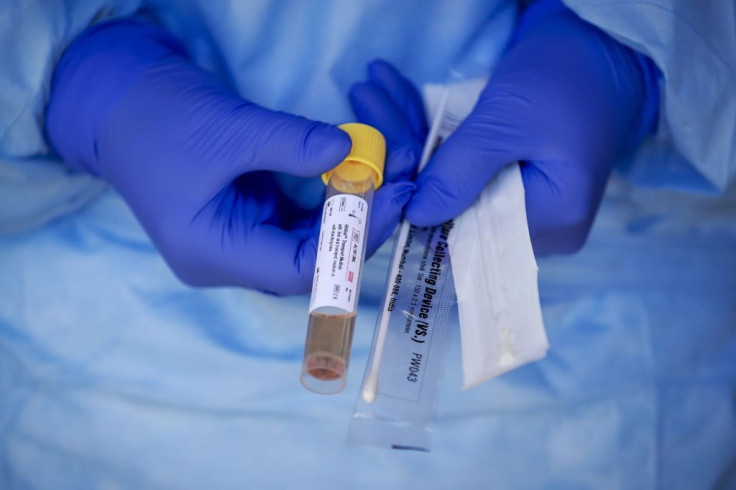In a recent research of sorts, epidemiologists infer that the new coronavirus could be twice as contagious than how it was when it first spread in Central China.
Based on the initial cases in the city of Wuhan, it was recorded that an individual tested positive infected two people on an average. However, researchers in the United States believe that the initial data presented could be incomplete and distorted. That’s not all— instead of taking six to seven days for the number of infected people to multiply, as was previously informed, it took only 2.3 to 3.3 days to spread.
As per the latest findings by the Los Alamos National Laboratory in New Mexico, carriers of COVID-19 in Wuhan were passing it on to 5.7 people on average. This data could help experts devise better vaccination and containment strategies.
In their study, published last week in the journal Emerging Infectious Diseases, the researchers, led by Steven Sanche and Lin Yen-ting, stated: “Unavailability of diagnostic reagents early in the outbreak, changes in surveillance intensity and case definitions, and overwhelmed health care systems confound estimates of the growth of the outbreak based on data.”
The research entailed analyzing over 140 early patients outside Hubei province to delve deeper into how the outbreak is spreading its branches across the surrounding areas of the epicenter. “By the time cases were confirmed in provinces outside Hubei, all of the provinces of China had access to diagnostic kits and were engaging in active surveillance of travelers out of Wuhan,” said the researchers.
“The health care systems outside Hubei were not yet overwhelmed with cases and were actively searching for [their] first positive case, leading to much lower bias in the reporting,” they added. The researchers employed the use of mobile phone data to monitor the arrival and departure of travelers in Wuhan.
The researchers also inferred that when 20 percent of transmission is driven by unidentified infected persons, high levels of social distancing efforts need to be implemented to contain the virus.

© 2025 Latin Times. All rights reserved. Do not reproduce without permission.




